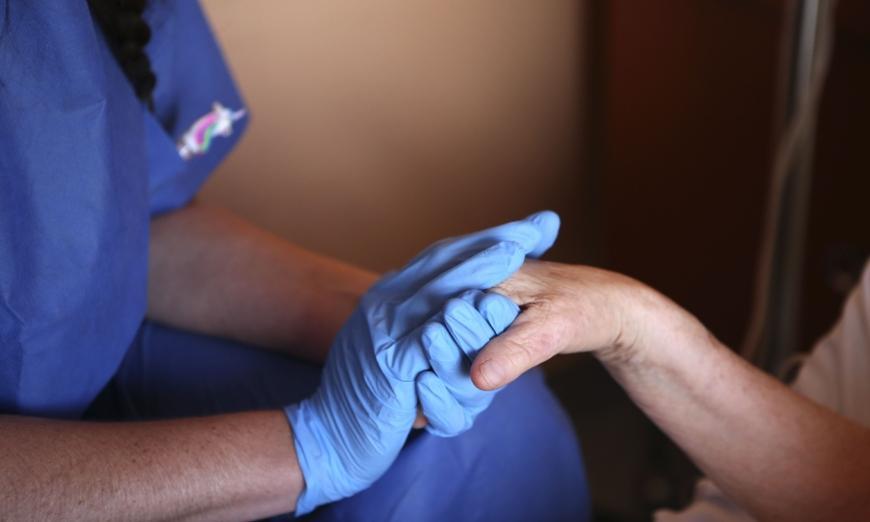An Ontario doctor is sounding the alarm about loopholes in Canada’s euthanasia policy, saying it is endangering socially disadvantaged patients whose lives could have been improved had they not been cut off so early.
A trend is emerging whereby people in desperate social or economic situations appear to qualify for medical assistance in dying (MAID) “quite easily” despite not being close to natural death, said Ramona Coelho, a family physician in London, Ont., and member of the Ontario chief coroner’s MAID death review committee, in an interview with the Ottawa-based think tank Macdonald-Laurier Institute published on Oct. 31.





